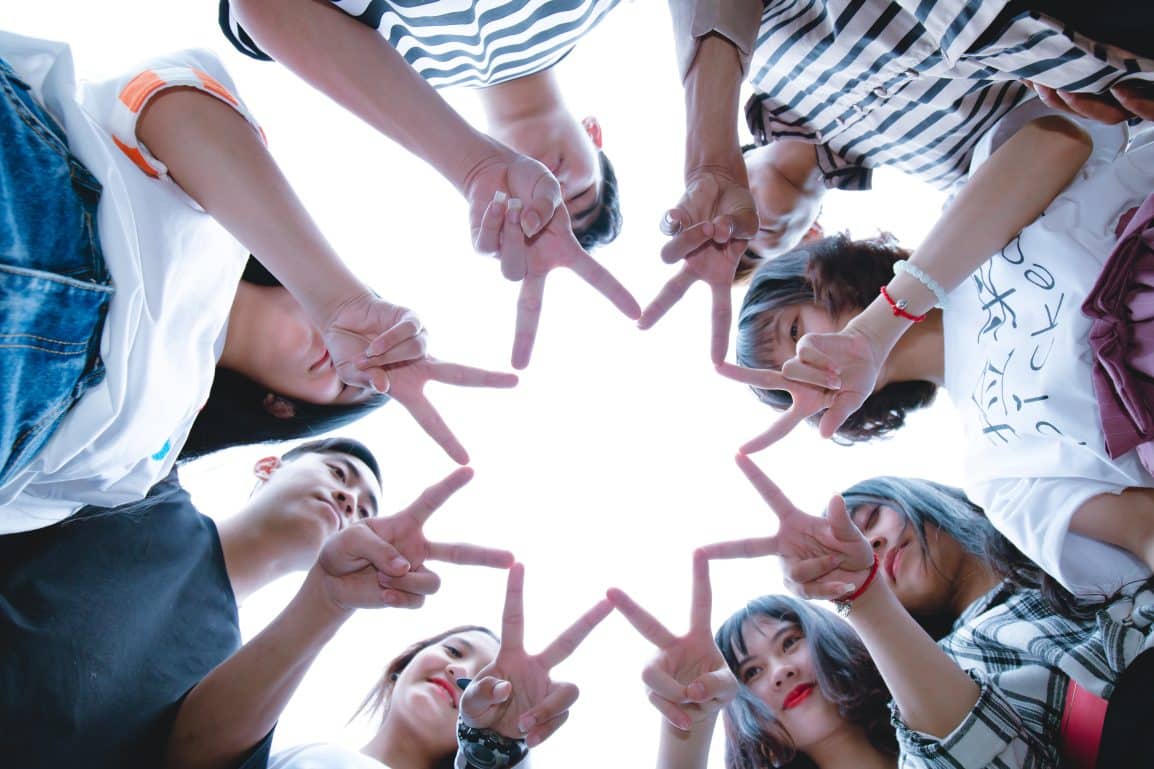Loss in any way is a difficult thing to manage. When you have lost a loved one, a pair of shoes, or a relationship, loss can hit hard and it takes time to get over. The loss of a friendship can be the most devastating thing that you ever get through though, because a friend is somebody you rely on, you trust, and who you want to be there in your life for the rest of it. It can happen when you slowly drift apart from a childhood friend, or you have a disagreement that breaks the friendship in half.
There are even relationships that quietly fall away because you have grown apart from each other or in different directions. It doesn’t make any of those issues less painful, and friendship breakups will happen over the course of life. You can try to make new friends, or consider that the Bible verses will encourage you during hard times, but that doesn’t make the friendship breaking up any easier. Sure, we can all normalize the fact that friendships do and will end, but it’s an expectation we’ve been told to carry rather than something opposite to that. Some friendships just aren’t meant to be, but what can you do to get over that?
- Give yourself some time and space to grieve. As with any loss in life, the loss of a friendship needs time. Be honest with people about what you’re going through so that you can reflect on what happened and start to heal. You can indulge with some ice cream, or treat it in the same way you would like a break up with a loved partner. So many people try to be tough over the loss of a friendship, but it’s OK if you’re vulnerable. Your feelings have been hurt, and you’re sad over the friendship. Saying it out loud is going to help you to grieve over it properly and move forward.
- Get some closure, some stuff if you know that the friendship is irreparable and you’ll never be able to get it back, meet up with your friend and get some closure. Usually with a romantic partner you have some closure because there’s a break up conversation and you know whether you’re in the wrong or they are in the wrong. The problem with friendships is that they end pretty blurrily, but you need to make sure that you can navigate that end. Instead of just diagnosing it and assuming, come together one last time to talk about it like grownups. You can then put any bad feeling to bed and move forward separately.
- Identify what you need. Once you’ve considered the impact of the friendship that’s broken up, you need to understand how it’s going to affect both your emotional and mental state. It may mean talking through things with a therapist, or with a friend is close to you, and it can mean removing things from your life that trigger memories that you’re not quite ready to process yet. Once you can start to put the relationship in the language of the past tense, you can push forward and you can feel grateful for the time that you had as friends.
- Think about your other friendships. If you’ve had a major friendship fall apart, then you need to look at your other friendships to see whether they are healthy or not. What if you are missing out on putting down some boundaries and you feel a bit resentful of that in other friendships? Exploring this is so important, because if you don’t have healthy boundaries with your friends, the whole group is going to suffer for it. It may make you sever ties with friends you never thought you’d sever ties with, but understanding your own boundaries is like a wake up call.
- Remember that you are still deserving of a friend. Just because you’ve lost a friend or a relationship has ended, doesn’t mean that you should be alone. Even if you are the one at fault, it doesn’t mean that you have to remain at fault forever. It can be seen as a barrier to making new friends, especially if you tie up so much of your identity in your friendships, but you need to consider who you are and what things mean for you, so losing that sense of belonging and acceptance can be difficult but not insurmountable. Accepting your own role in the friendship breaking down is going to help you to push forward and it’s going to help you to consider the way you treat other people.

